This November, Riyadh becomes the capital of global creativity.
From November 11–12, the iconic Kingdom Centre, Four Seasons Hotel, will host ARTDOM Riyadh 2025 — an international exhibition and congress dedicated to luxury interiors, art, architecture, and the design of contemporary living.
For two remarkable days, the world’s most distinguished design houses, visionary creators, and influential voices will gather in Saudi Arabia to celebrate the art of elegance, innovation, and craftsmanship. ARTDOM Riyadh is more than an exhibition — it is a curated experience that reflects the Kingdom’s growing role as a global design destination, aligned with the creative and cultural spirit of Vision 2030.
The event will feature iconic names in the global industry — legendary manufacturers and design ateliers that have shaped the aesthetics of luxury for generations.
On November 11 at 4:00 PM, the official Opening Ceremony will mark the beginning of ARTDOM Riyadh 2025. Organizers, ambassadors, influencers, and leading media will come together to celebrate the launch of this landmark event.
WHO WILL BE SHINING AT ARTDOM RIYADH EXHIBITION FLOOR
Gallery Design, Saudi Arabia’s premier multi-brand design destination, showcases iconic European brands including Minotti, Molteni&C, Flexform, Henge, Porada, and more. With over two decades of expertise, it redefines luxury living by seamlessly blending architecture, furniture, and art into elegant, harmonious spaces.
Dar Al Arkan Interiors, established in 2022, specializes in luxury branded furniture and operates nine showrooms across Riyadh and Jeddah. The company features prestigious brands such as Fendi Casa, Armani Casa, Versace Home, Bentley Home, Dolce & Gabbana Casa, Missoni Home, and Elie Saab Maison. Dedicated to offering exquisite designs and exceptional quality, Dar Al Arkan Interiors caters to the discerning tastes of its elite clientele.
VADA Design will introduce a remarkable showcase featuring Antonio Lupi + VADA Stone, Sahrai Milano, and Veraa — collections where Italian artistry meets contemporary innovation.
Arc de Sol will present an exceptional portfolio, including TOGAS, ALEAL, BARNINI, DAYTONA, MGM, BAOBAB, LOCKERBER, Yana Svetlova, and D’ORO — brands synonymous with refinement and European sophistication.
Lazado will present exclusive collections from Venini, Mat Royal, Vista Alegre, and more.
Art de Vivre will showcase its unique collection of handcrafted rugs — masterpieces that blend heritage and modern artistry.
Nicoletti Home will unveil its latest designs in beds, armchairs, and sofas, while Malerba will present contemporary furniture for every space.
Completing the exhibition floor will be THG, Gamma, Fiam Italia, Rejo Studio, MGM Furniture, FormItalia, Asnaghi, Studio Karmeh, Technogym, and Teckell, with Clive Christian offering a truly immersive perfumery experience — a multisensory journey through fragrance and design.
The Authors’ Area at ARTDOM Riyadh will shine a spotlight on individual artistry and the emotional side of design. Among the featured artists and studios: Zaza Maizon, Muntj Studio, Rejo Studio, Polina Pidtsan, Ghada Alamoudi, VADA Design.
The Public Talk program — visionaries of design
The Public Talk Program will span two days and bring together global icons, innovators, and thought leaders — each sharing insights on the evolution of design, luxury, and the cultural power of creativity.
Among the distinguished speakers:
Giulio Cappellini – Founder & Art Director, Cappellini
Massimiliano Ferrari – CEO, Corporate Brand Maison SA
Rossana Orlandi – International Gallerist and Design Curator
Draga & Aurel – Founders, Draga & Aurel Studio
Pierre Gonalons – Designer and Interior Architect
Hany Saad – Founder, Hany Saad Innovations
Marzia & Leonardo Dainelli – Founders, Dainelli Studio
Mohammed AlMashharawi – Founder, ArchiNet
Francesca Russo – Partner, Design Diffusion World (DDW)
Mara Firetti – Owner, Firetti Gallery
Uday Singh – Co-owner, Bagatelle
Yannic Leveque – Vice President of Acciona Living&Culture
Dr. Mohammad Baydoun – Senior Vice President, DAMAC Properties
The discussions will explore key topics including:
Interiors between art and design,
The changing role of design in hospitality (horeca),
Luxury interiors and product design,
The aesthetics of elegance,
The billionaire belt: why the GCC is the world’s hottest luxury market,
Luxury furniture and art as value drivers in development projects,
Design and craftsmanship: global experience and new opportunities,
Product design in luxury interiors: cases & collaborations,
Saudi 2030: the blueprint of a future city,
Architecture of connection
The role of art in public and residential design, and
Technology, sustainability, and the future of design.
In parallel with the public talks, ARTDOM Riyadh will host an exclusive B2B meeting program, connecting exhibitors with potential clients, developers, and decision-makers.
These meetings will foster strategic partnerships and collaborations — a professional platform designed to inspire new projects across the GCC and beyond.
Exclusive private events: for selected guests only
On November 10, the evening before the official opening, VADA Design will host a private preview at its VADA Stone Design and Sahrai Milano showrooms — a gathering for interior designers, clients, and influencers to connect in an intimate setting.
On November 11, a private Gala Dinner will take place for VIP guests — an elegant celebration reserved for key partners, international participants, and special invitees.
Later that evening, the ARTDOM Gala Party will unfold, bringing together participants, ambassadors, invited voices, and media in a night of music and connection.
The highlight of the evening will be a performance by DJ Viva, the Canadian-Saudi music producer and DJ.
Finally, on November 13, Gallery Design will host at its showroom an exclusive closing soirée — a private, invitation-only event for designers, clients, ARTDOM ambassadors, and influencers to conclude the week in a relaxed, creative atmosphere.
Partners and Media
ARTDOM Riyadh 2025 proudly collaborates with leading media and industry partners, including:
Harper’s Bazaar Arabia, SALON Interiors UAE, Identity, ArchiNet, Muzwaa, Interiors in SA, Design Middle East, AEWORLD, Riyadh Edit, and Destination Riyadh.
The event’s official chauffeur partner, Blacklane, will provide premium, sustainable transportation for guests throughout the exhibition period. To celebrate this partnership, all ARTDOM Riyadh attendees will enjoy an exclusive 25% discount on Blacklane rides.
It is an invitation to explore beauty, to connect with global excellence, and to witness the creative spirit transforming Saudi Arabia’s landscape.
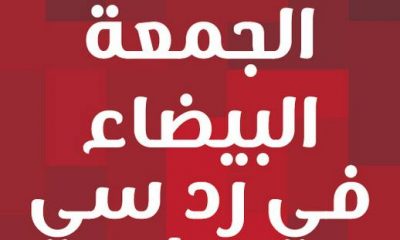
 أسواق5 years ago
أسواق5 years ago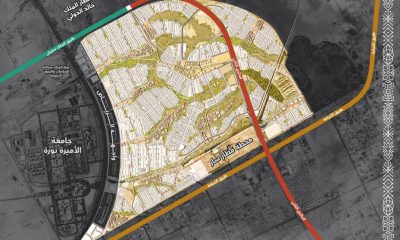
 عقارات5 years ago
عقارات5 years ago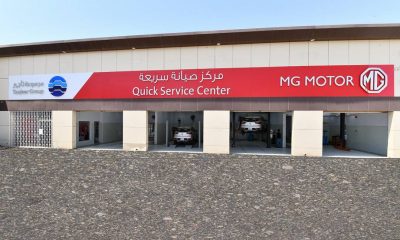
 سيارات5 years ago
سيارات5 years ago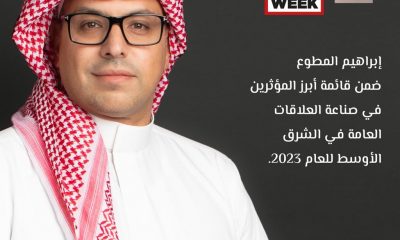
 منوعات2 years ago
منوعات2 years ago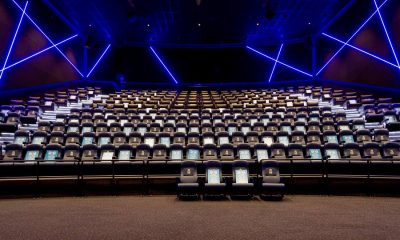
 فن5 years ago
فن5 years ago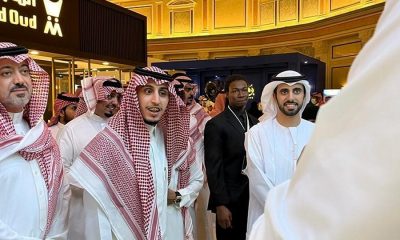
 عطورات4 years ago
عطورات4 years ago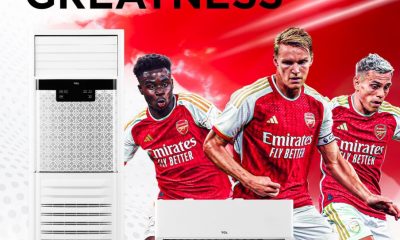
 اتصالات وتقنية2 years ago
اتصالات وتقنية2 years ago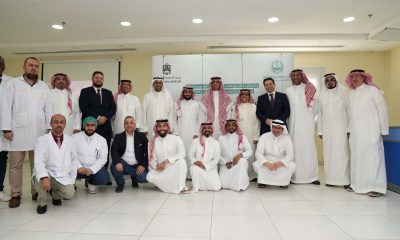
 عطورات3 years ago
عطورات3 years ago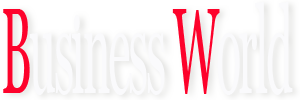
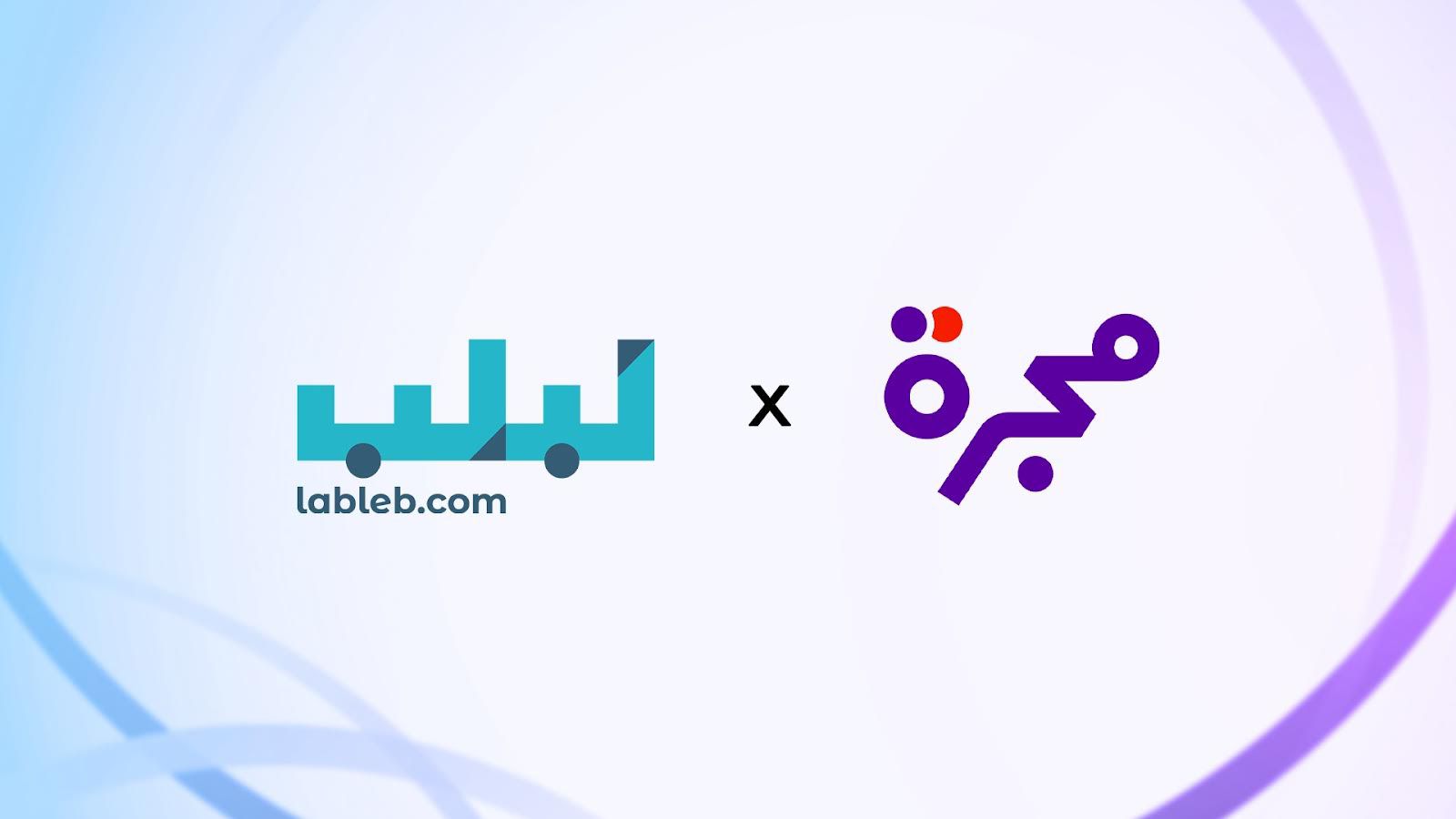



You must be logged in to post a comment Login